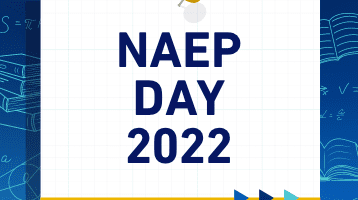Let’s Go Over This Again — A Quart Is One QUART-er of a Gallon
When my kids were in third grade, they spent an enormous amount of time on the graphical representation of data. That sounds like a good idea, but some of it got rather tedious and didn’t really help them understand mathematics. I remember a lot of pictures of faces where the shape of the nose represented their gender, and the number of eyelashes represented the number of books they had read — stuff like that.
On the other hand, my kids spent so little time on measurement that even through high school — despite my best efforts — they were still pretty fuzzy on how many quarts are in a gallon and feet in a mile.
This isn’t because my kids went to a terrible elementary school. It’s because even “good” elementary schools can lose their focus on what kids really need to learn and spend precious time on superficial activities that teachers hope will engage the kids.
I always think of my kids’ experience when I see international assessment results that expose, compared with kids around the world, how weak American kids are in measurement. It turns out my kids aren’t the only ones who don’t understand gallons, liters, miles, and kilograms. It’s a very American trait, and not one we should be proud of.
Another factor in my children’s lack of mastery of measurement was that my school system — like many across the country — boasted a math curriculum that “spiraled,” meaning that topics would cycle back throughout kids’ schooling. As a parent, spiraling sounded reasonable to me, but what that meant in practice was that teachers never felt the full weight of needing to make sure kids mastered any topics, because they knew all the topics would be revisited in future years.
This is exactly the kind of problem that the Common Core State Standards are designed to fix. Common Core calls for a lot of time in second and third grade to be spent on measurement, after which most kids should pretty much be masters of the subject. That’s the theory, anyway.
In all the conversations about Common Core, I rarely see this kind of specificity, though. The discussions tend to be much broader political discussions that hardly ever even identify what a standard is, which I find frustrating — and discuss in Huffington Post this week.












